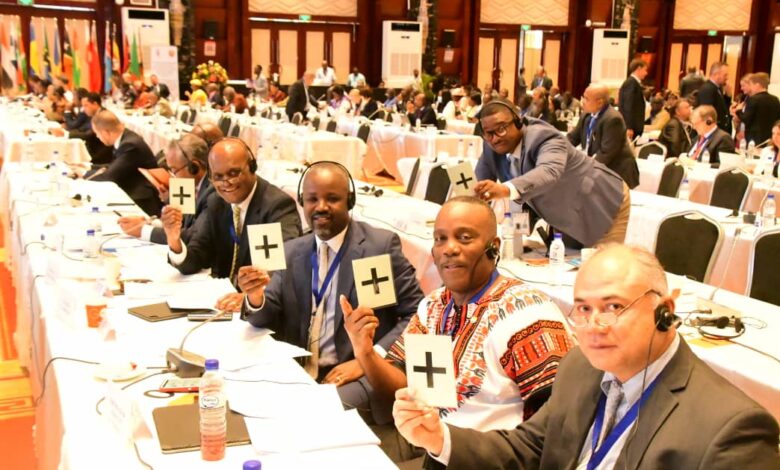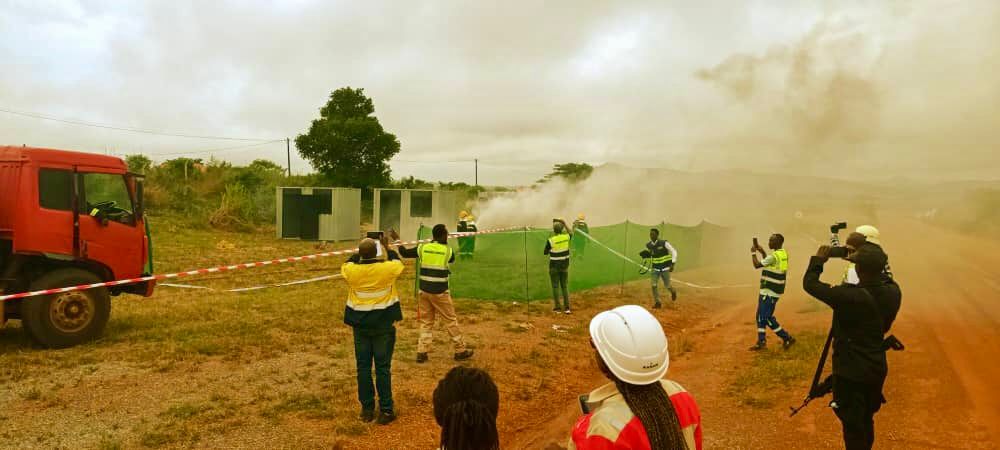ACP-EU Assembly cancels resolution blocking Uganda oil projects
The ACP-EU resolution now waters down an earlier stance by the European Parliament that had expressed “grave concern” around alleged human rights violations in Uganda and Tanzania, linked to the Lake Albert project.

The Africa, Caribbean, Pacific —European Union (ACP-EU) Joint Parliamentary Assembly sitting in Maputo City, Mozambique has on Wednesday, November 2nd voted to let Uganda proceed with developing the much sought-after East African Crude Oil Pipeline Project (EACOP).
The ACP-EU resolution now waters down an earlier stance by the European Parliament that had expressed “grave concern” around alleged human rights violations in Uganda and Tanzania, linked to the Lake Albert project.
The plan covers upstream investments at Tilenga and Kingfisher, with the East African Crude Oil Pipeline (EACOP) running to the Tanzanian port of Tanga.
The CPA-EU Assembly, which brings together an equal number of elected MPs from the African, Caribbean and Pacific (ACP) states and Members of the European Parliament, made changes to “Operative Clause 5” of its Resolution on the Global Challenges of Climate Change Cooperation for Adaptation and Migration.
The Resolution was passed ahead of the 27th United Nations Climate Change Conference scheduled for November 18th in Egypt, and initially called for a ban on all new oil exploration projects.
Uganda’s team led by Deputy Speaker Thomas Tayebwa successfully convinced member states to make changes in the resolution, to allow a global “just transition” to renewable energy.
The amendment, Tayebwa said, was tabled on the floor on Wednesday by Tanzanian Deputy Speaker Musa Azzan Zungu and Hon. Edmund Hinkson of Barbados. Tayebwa described the vote as a “big win for EACOP”.
It comes nearly two months after the European Union Parliament passed a resolution on “violations of human rights in Uganda and Tanzania linked to investments in fossil fuels projects” in which they called for the suspension of the pipeline project in Uganda and Tanzania.
The EU decision was widely condemned by Uganda and Tanzania as “imperialists” and unfounded.







